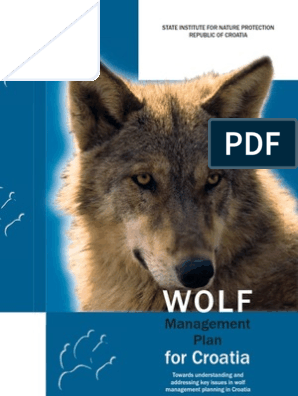0% found this document useful (0 votes)
20 views1 pageWolves
Wolves are intelligent and social wild animals that live in packs led by an alpha. They are skilled hunters and communicate through howls and body language, but face threats from humans such as hunting and habitat loss. Conservation efforts are underway to protect wolf populations, which symbolize freedom and teamwork in many cultures.
Uploaded by
amena562crashCopyright
© © All Rights Reserved
We take content rights seriously. If you suspect this is your content, claim it here.
Available Formats
Download as DOCX, PDF, TXT or read online on Scribd
0% found this document useful (0 votes)
20 views1 pageWolves
Wolves are intelligent and social wild animals that live in packs led by an alpha. They are skilled hunters and communicate through howls and body language, but face threats from humans such as hunting and habitat loss. Conservation efforts are underway to protect wolf populations, which symbolize freedom and teamwork in many cultures.
Uploaded by
amena562crashCopyright
© © All Rights Reserved
We take content rights seriously. If you suspect this is your content, claim it here.
Available Formats
Download as DOCX, PDF, TXT or read online on Scribd
/ 1























































































